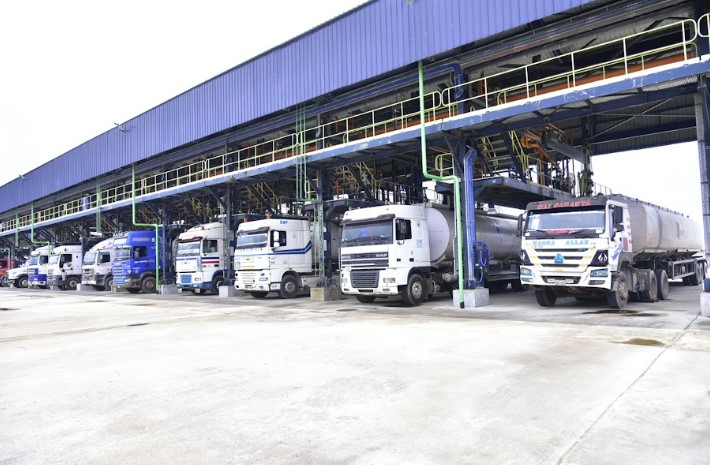The anticipated commencement of crude oil supply in naira from the Nigerian National Petroleum Company Limited (NNPC) to the Dangote Petroleum Refinery, originally set for October 1, 2024, has faced delays as of October 3. Key officials from involved parties, including the Dangote refinery and the Nigerian Upstream Petroleum Regulatory Commission, have not responded to inquiries regarding the status of this naira-for-crude agreement. Preliminary confirmations had indicated that the supply of approximately 385,000 barrels per day was to begin as scheduled, following the Federal Executive Council’s endorsement of the arrangement under President Bola Tinubu. The Technical Sub-Committee on Domestic Sales clarified that such transactions would be processed in naira, reflecting a strategic shift toward supporting local refineries.
Zacch Adedeji, the Technical Sub-Committee’s chairman and also the head of the Federal Inland Revenue Service, had previously assured that efforts were underway to ensure the naira supply deal was realized as planned, emphasizing its significance for the Nigerian economy. However, as reports emerged that the crude supply had not yet started, officials from the NNPC suggested that inquiries be directed to the Ministry of Finance, which has also remained non-communicative about the matter. Insights from insiders at domestic refineries reveal a general confusion regarding the commencement of the deal, suggesting that crude refiners, including Dangote, are still awaiting formal confirmation from the government.
Despite assurances from the government about the practicality of the naira-for-crude deal, officials from various domestic refineries expressed uncertainty regarding its start date. An anonymous source from a major modular refinery reported that while expectations for the deal to be operational were high following the earlier affirmations from the technical committee, there has yet to be an official communication confirming the initiation of crude oil supply. The source noted that extensive coordination and additional measures are often needed to finalize such agreements, which can extend the timeline for implementation.
The naira-for-crude initiative, championed by the government, aims to alleviate financial strain on the naira and streamline transaction costs while enhancing the domestic supply chain for petroleum products. The implementation committee, under the Minister of Finance, has worked closely with NNPC and Dangote refinery to establish a framework for this arrangement, but the passages from planning to operation have taken longer than anticipated. Adedeji underscored the vision of this initiative to ensure that payment and regulatory interactions surrounding oil trading would occur in the local currency, thereby stabilizing the market.
In alignment with operational frameworks discussed, the supply structure outlined includes reciprocal arrangements where the Dangote refinery would contribute petroleum products like Premium Motor Spirit (PMS) and diesel, compensated in naira. The diesel would be accessible to various off-takers, while PMS would specifically flow to NNPC for distribution. This planned regulatory overhaul aims to provide a coherent structure for payments to agencies linked to oil and product distribution, further cascading benefits through investor confidence and market efficiency.
Going forward, the technical committee will transition into a dedicated implementation and monitoring body, tasked with operationalizing this agreement and ensuring compliance over the next several months. The ultimate goal of this coordinated effort is to enhance the stability of the Nigerian oil sector and ensure that both the supply of crude oil and the availability of refined products occur smoothly under the new financial arrangements. As the stakeholders continue to navigate these complexities, clarity and execution of the naira-for-crude deal remain pivotal for the sector’s growth and the country’s economic resilience.














